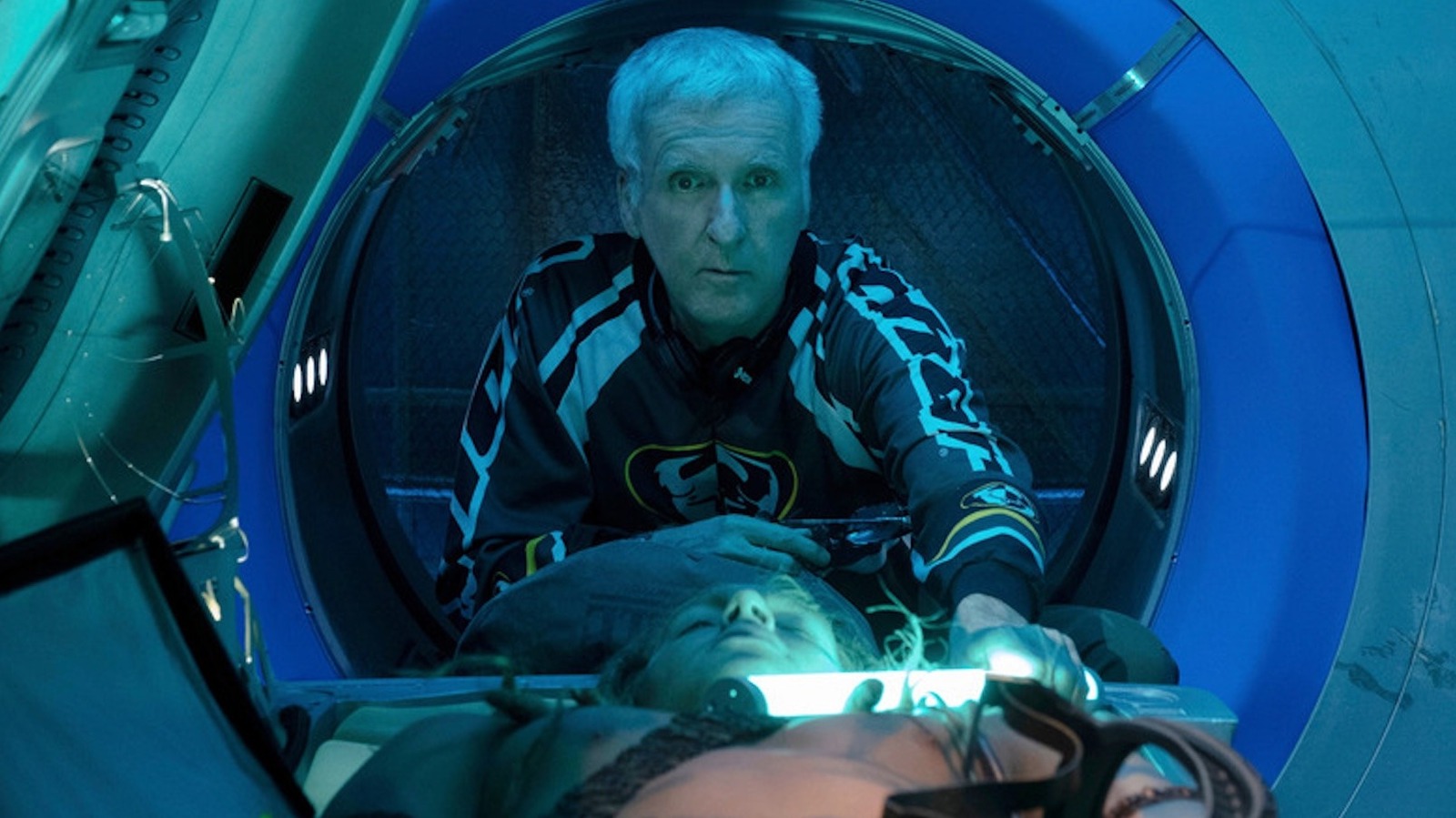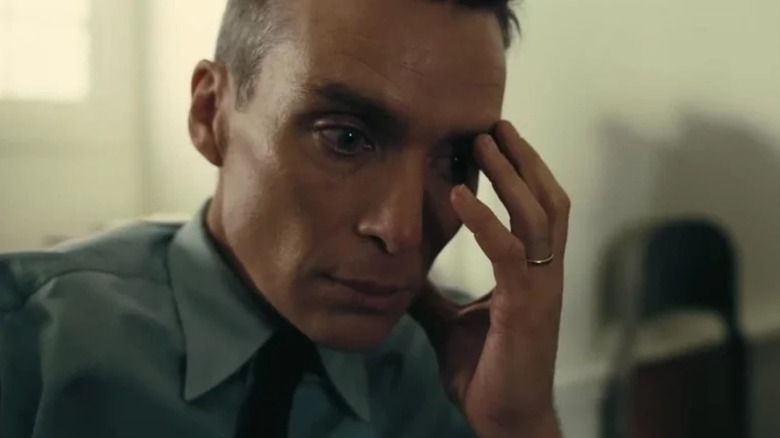If you’ve seen 2022’s “Avatar: The Way of Water,” it should be clear that Cameron is quite aware of what’s going down on our planet. It’s a movie where the Marines and corporations are the bad guys, while the Indigenous beings of Pandora are unmistakably the heroes (though they are given to tribal disputes because, well, everyone has different ideas about how their world should work). If you came out of these two films thinking Cameron is anything but a militant environmentalist, you were not paying attention.
With the exception of the wildly entertaining, but bafflingly cruel “True Lies,” it can safely be said that James Cameron is a humanist. “The Terminator,” “Aliens,” “The Abyss,” “Terminator 2: Judgment Day,” “Titanic,” and both “Avatar” movies appeal to our consciences. And while Cameron has dealt movingly with issues of wealth disparity and sexism, the subject that alarms him most of all is nuclear war. I was 11 years old when I first saw “The Terminator,” and it knocked me sideways as a modestly budgeted sci-fi/action flick that tackled the one fear that couldn’t be assuaged by my parents. I’d seen “The Day After,” “Testament,” and the boldly unsettling blockbuster “WarGames” by this point, and well understood that there was no surviving a full-scale nuclear war. But “The Terminator” was different. Yes, Reese (Michael Biehn) was only able to ensure that the savior of humanity would survive a nuclear holocaust and defeat Skynet’s machines, but Sarah Connor’s steely confidence at the end of the movie made me want to fight this seemingly inevitable future. “Terminator 2: Judgment Day” doubled down on this sentiment and offered up a sliver of hope that we could all understand the value of human life and not mindlessly hasten our own extinction.
Cameron hasn’t stopped thinking about nuclear war, and thank god for this. President Donald J. Trump is obsessed with nuclear weapons and seems keen on using them. Fortunately, Cameron, the man who’s directed three of the highest-grossing films in motion picture history, is keeping his eye on this particular ball. And he’s preparing to shake all of humanity up with a feature based on Charles Pellegrino’s forthcoming book “Ghosts of Hiroshima.” If you’re wondering why Cameron would make a film about the bombing of Hiroshima and Nagasaki so soon after Christopher Nolan won a load of Oscars for “Oppenheimer,” well, he thinks that film missed the mark in one important way. And he is eager to counteract this misstep.


